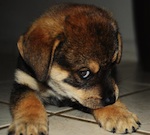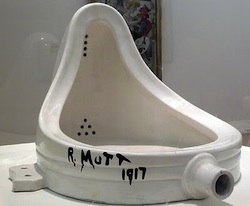Gardening marks, as clearly as any activity, the joining of nature and culture. The gardener makes nothing, but rather gathers what God has made and shapes it into new and pleasing forms. The well-designed garden shows nature more clearly and beautifully than nature can show itself. And this can be a model of politics: people left to their own devices can run riot, make themselves and their environment “ruin’d” and “disorder’d”; properly governed, though, they can flourish, they can become... Read more
















